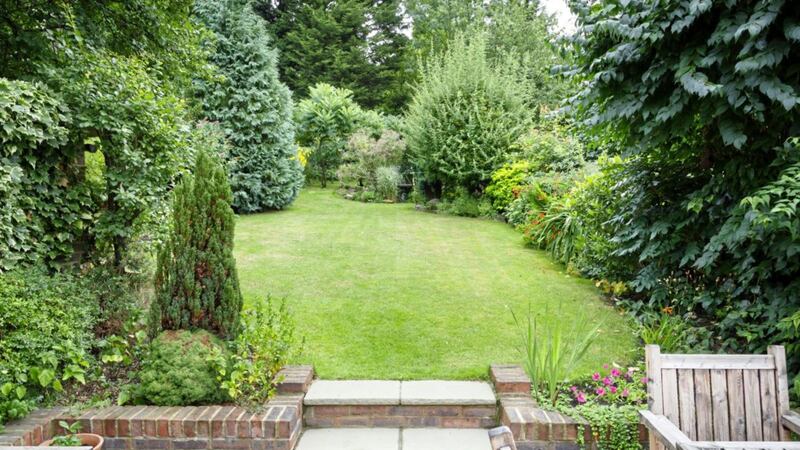THE race for green space is perhaps the story of the housing market in 2020.
With strict lockdown restrictions in place earlier in the year, people spent much more time in their own houses and appreciated and desired certain characteristics more and more.
This has led to people wanting more garden space, and also valuing proximity to parks and other green space more and more. For some people, it has meant moving to rural areas, given the reduced requirement for a commute.
Overall, the housing market, whilst clearly significantly impacted in terms of activity for a period by the first lockdown earlier this year, has been very busy since.
Pent-up demand created by the inactivity for a period in the spring is obviously part of the story. So too is the government support, including the stamp duty holiday that is currently in effect. But the increased importance in people’s minds of their home is also central to this strong activity.
The home became not just somewhere to live, but also somewhere to work, and somewhere to relax, exercise and spend spare time. So, it is unsurprisingly that there has been such demand to buy, move, and trade up.
RICS research in the summer found that the pandemic is expected to cause a lasting shift in the desirability of certain property characteristics. Some 83 per cent of respondents anticipated demand increasing for homes with gardens over the next two years. 79 per cent predicted rising demand for those properties near green space, while a net balance of 68 per cent foresaw a rise in the desirability of properties with more private / less communal outside space.
Demand for homes here continued to increase in November, with the stamp duty cut seen as a factor. New buyer enquiries also increased in the month.
Whilst the market has been very busy, the short term outlook for sales activity is slightly less buoyant, with a balance of 10 per cent of Northern Ireland respondents expecting an increase over December, January and February. Clearly the Christmas period, as always, is quieter. But what is the outlook for 2021?
Firstly, there is little reason to believe the situation regarding people’s desire to own their own home and their interest in their homes will change. The performance of the housing market though will also be dictated by factors including the labour market, the extent of ongoing government support, and the mortgage lending environment.
On the latter point, Ulster Bank announced last week that it is reverting to 90 per cent mortgages after a period of time when these were off the market. This is significant. This will certainly help some of the first time buyers that were unable to fund a deposit of 15 or 20 per cent. It should help support buyers into 2021.
2020 was a unique year for the housing marke. Next year will hopefully be less eventful but still with healthy levels of activity.
:: Samuel Dickey is residential property spokesman for the Royal Institution of Chartered Surveyors (Rics), which in Northern Ireland represents over 3,000 members








